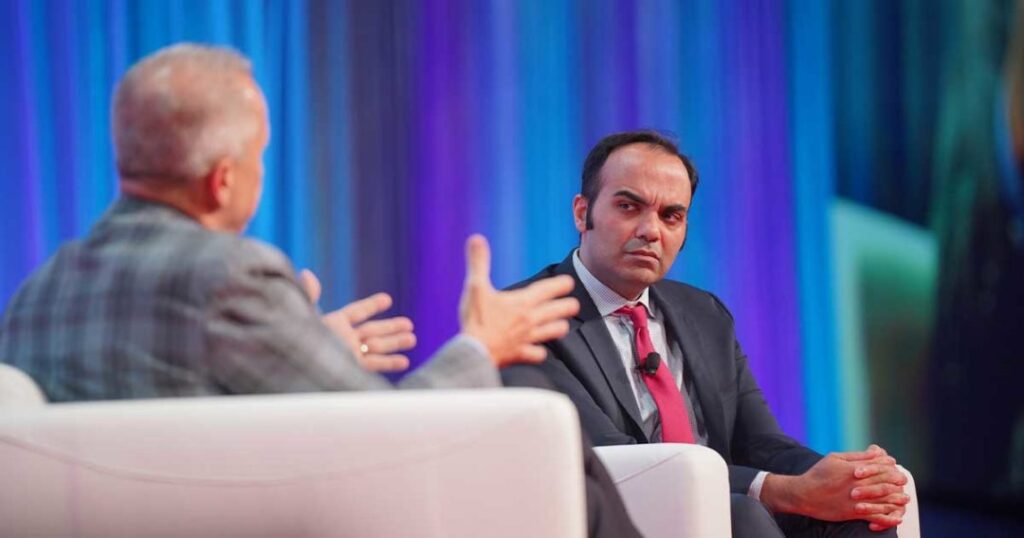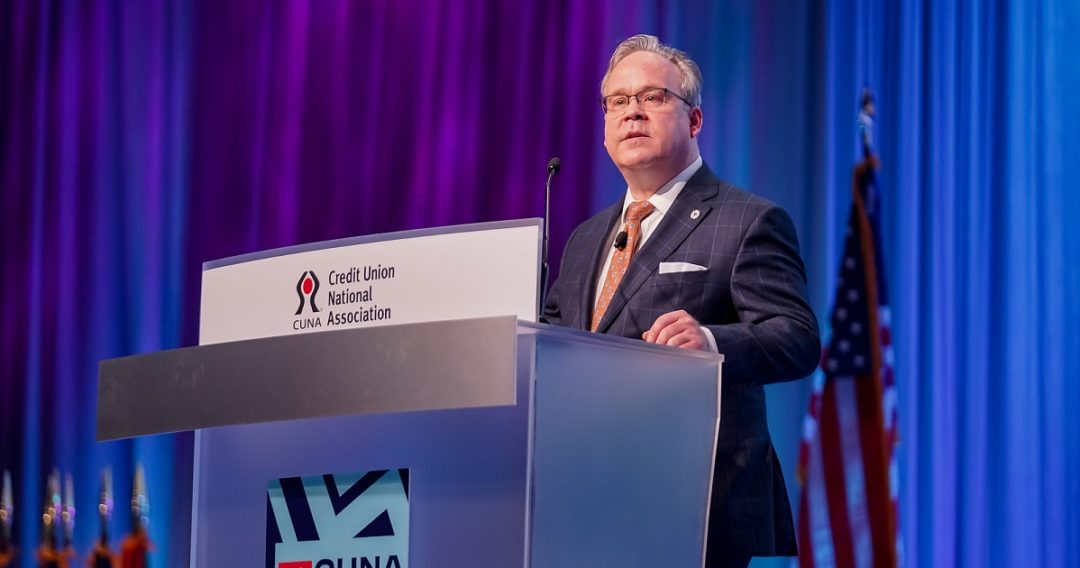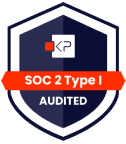Overdraft fees and the horror stories they create for consumers are infamous: so-called “poverty taxes” handed out to, say, a mother who goes to the grocery store to buy much-needed milk and canned chicken soup. An incoming $30 overdraft fee is applied and devastates her finances, turning her $7 grocery bill into a $37 transaction she can’t afford while putting her into even deeper financial straits.
Well, good news has finally surfaced for consumers after more than 30 years of financial health challenges exacerbated by predatory overdraft programs.
According to an exclusive interview CUToday.info recently had with NCUA Chairman Todd Harper, he said the agency will be reevaluating the overdraft programs of all credit unions with assets above $100 million. This is coming off the same effort in 2023 when the threshold was $500 million.
Addition by subtracting overdraft fees?
Let’s be straightforward and clear: overdraft fees can be predatory. Each overdraft, by its very definition, converts funds from someone who has little, if any, left into profit for the financial institution that charges it. In fact, according to Politico, 80 percent of overdraft fees come from just nine percent of account holders, shining a light on the reality that overdraft programs target those living paycheck-to-paycheck who run out of funds in their accounts from time-to-time.
Chairman Harper sees a shift towards a better, more financially-inclusive marketplace that doesn’t punish members when they’re already down.
“The marketplace on overdraft fees is changing,” Harper explained to CUToday.info. “We’re seeing numerous institutions lower their overdraft fees or are dropping them all together. We’re also seeing that not only are they dropping price[s], but some of them are getting rid of NSF fees.”
Additionally, Harper highlighted those fees’ effects on lower-income members and consumers. “We have to be thinking about this and be competitive. Credit unions have a statutory obligation and mission to meet the credit and savings needs of members, especially those of modest means and lower income. Again, the marketplace is changing. Credit unions have to [adjust] their business models to meet that change.”

It wasn’t always like this
The plan by the Consumer Financial Protection Bureau (CFPB) and its director Rohit Chopra to support and enhance scrutiny on overdraft fees is also a welcome influence. In fact, his threats to take concrete action are already resulting in change, according to the Washington Post in 2021. Several major financial institutions and holding companies claim to be scrapping overdraft programs entirely or detailing ways they are trying to lessen such fees.
Recently, Chopra even went so far as to categorize overdraft programs as “a junk fee harvesting machine,” but the service wasn’t always as predatory as it became. Overdrafts started as a courtesy that financial institutions would provide to their customers. By 2019, however, banks and credit unions were making $15.5 billion off such programs, according to the CFPB. Naturally, that may lend itself to debate about the concept of “fair pricing” to cover the costs a cooperative provides from an overdraft.
When asked, Chairman Harper noted the decision will be market-driven, and urged credit unions to keep close track of the overdraft market. “The CFPB has proposed what these fees should be. But what I’m focused on is whether there is concentration risk,” he said. “Is the credit union overly reliant on overdraft fees. If so, then that credit union has more than just a compliance problem, it has a safety and soundness problem.”
Then again, your credit union can implement financially-inclusive digital platforms like QCash’s own small-dollar loan product that allows your members to not only access near-instantaneous funds but offers a way to start rebuilding their credit in a healthy, long-term manner.
If you are interested in exploring our digital small-dollar loan platform, go to our Request a Demo page or connect with a QCash representative on our Contact Us page.






